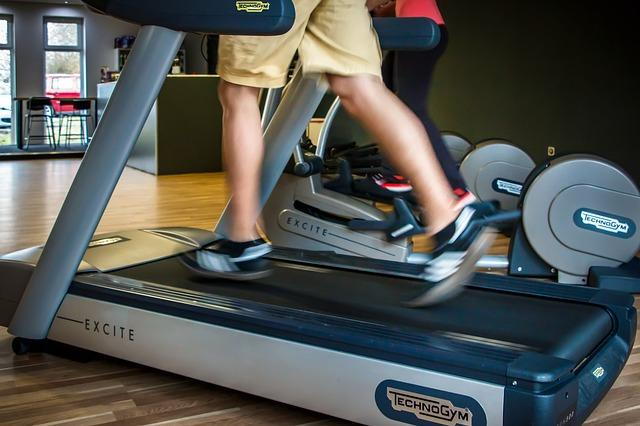
Most everyone understands the benefits of exercise, and some may say that any exercise is better than none, but is that the case with endurance training? Let's find out.
How Long Distance Running Damages Your Heart
In a study published in the Journal of Applied Physiology, researches recruited a group of extremely fit older men. All of them were member of the 100 Marathon club. If running marathons provided cardiovascular benefit, this would be the group of people to observe. What did the research show?
Half of the older lifelong athletes showed heart muscle scarring as a result, and they were specifically the men that trained the hardest and longest.
Heart Scarring After Elite Cardio Training
A study published in the journal Circulation was designed to mimic the strenuous daily exercise load of serious marathoners over the course of 10 years. The subjects had normal, healthy hearts at the outset of the study, but by the end most of them had developed "diffuse scarring and some structural changes, similar to changes seen in human endurance athletes."
Why Do People Die From Running Marathons?
There are certainly instances of hyponatremia - low sodium levels in blood caused by drinking too much water during exercise. However, in the vast majority of cases, people die during marathons from heart attacks. Marathon running puts excess burden on your heart, one that your body was not designed for.
It's a classic example of more being less. Extended vigorous exercise can increase cardiac risk by seven fold. Research has found that during a marathon more than half the segments of your heart lose function due to an increase in inflammation and a decrease in blood flow.
Research by Dr. Arthur Siegel, director of Internal Medicine at Harvard's McLean Hospital found that long distance running leads to high levels of inflammation that may trigger cardiac events. A separate study in Circulation found that running a marathon lead to abnormalities in how blood was pumped into the heart.
Is There a Better Way to Exercise?
Yes! Science now recognizes that by mimicking the movements of our hunter and gatherer ancestors, we can get the most benefit from physical activity. These movements include short burst of high intensity exercise followed by brief periods of rest. The beauty of this type of fitness is anybody can perform them and you only have to dedicate minutes per week.
A typical high intensity, short duration exercise program might look like this:
* 20 seconds of sprinting followed by 60 seconds of rest
Repeat for 10-14 minutes.
**This type of high intensity exercise only has to be performed 2-3 times per week maximum.
There are literally dozens of different type of exercise you can make high intensity, short duration. Some of them include:
* jumping jacks
* burpees
* sprinting
* squat thrusts
* swimming
If you have a gym membership, you can even use equipment like a treadmill, stepper or elliptical machine. I want to caution you to be very careful when using mechanical equipment as it might be hard to control speed of the machine while engaging in high intensity exercise.
As already mentioned, proper intensity is the key as well as warming up and remember to consult a physician before embarking on your fitness journey. Below is an example of a session of high intensity training (more specifically than above) Let's assume you're using an elliptical machine:
* Warm up for 3 minutes
* Exercise as hard and as fast as you can for 20-30 seconds
* Rest for 60-90 seconds, still moving but moving slow
* Repeat the intensity and recovery for another 7 rounds.
Remember, this type of exercise only has to be performed 2-3 times per week. In this case, less is more. It's also important to include resistance training at least twice per week. More on that to come.
For more on the latest, most cutting edge health info, check out http://greinerhealthsolutions.com/
References:
